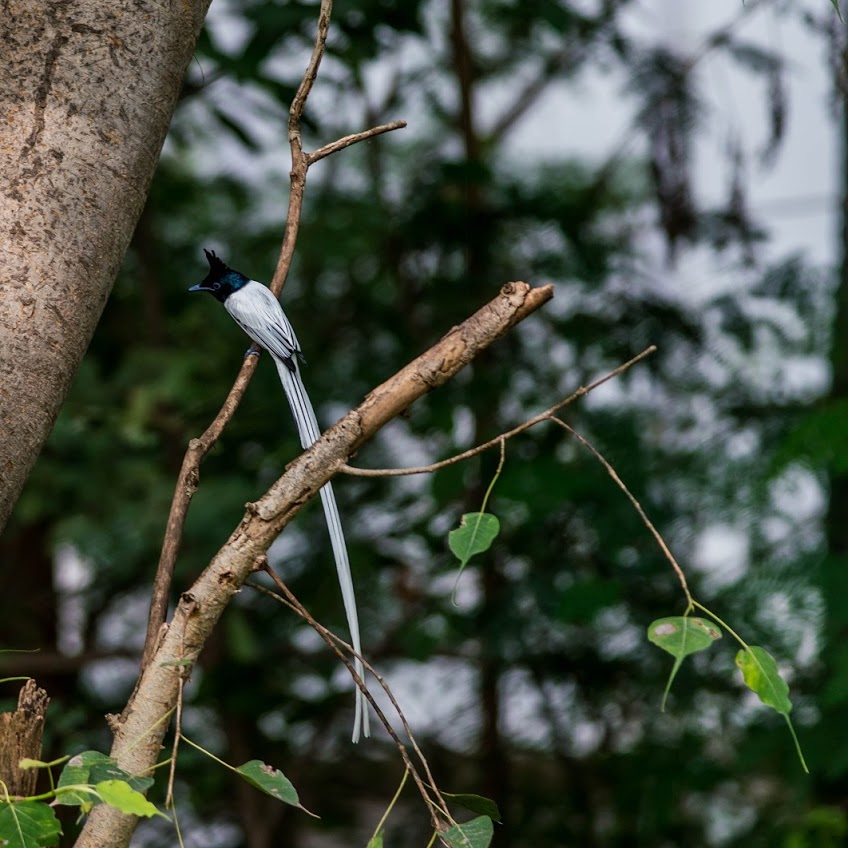As a national leader in healthcare, with campuses in six locations catering to more than 9000 outpatients and more than 2000 inpatients daily and employing over 9000 staff, we take our responsibility to remain an eco-friendly and environmentally sustainable institution seriously.
Being a faith-based organisation striving for excellence in education, service, and research, we are committed to the optimal use of resources, to provide the best possible services at the lowest cost – without compromising the needs of future generations. This philosophy, which has become a part of the institutional culture, guides all our decisions impacting the environment as well.

Water Conservation & Sewage Treatment
Water and power are particularly scarce in the district of Vellore. CMC has advanced sewage treatment plants in its campuses, and using the latest filtration and treatment technologies, the water is recycled and then used for a wide range of needs, including air conditioning.
For instance, to treat the effluents from the CMC Chittoor Campus in the neighboring state of Andhra Pradesh, the Environmental Engineering Department has installed a sewage treatment plant called Decentralised Wastewater Treatment Systems (DEWATS). The recycled wastewater is used for gardening and flushing applications. Since its installation, CMC has been able to save initial investment and maintenance costs as no imported materials or components are needed.
A unique factor in this system is that it operates without mechanical means and sewage flows by gravity through the different components of the system. Up to 1,000 cubic meters of domestic and non-toxic industrial sewage can be treated by DEWATS. Another interesting feature is that the most important parts of this system work without electrical energy inputs.
Energy conservation
To reduce our electricity consumption we have turned to the sun, which shines strongly on Vellore. Solar PV arrays are installed on top of many buildings to generate electricity during peak hours. Solar water heating reduces some of the load on conventional boilers.A Solar Concentrator – Arun 100 – has been installed on the roof of the Engineering Block, to pre-heat water, using the sun’s rays, for use in the laundry and for the steam requirements of the hospital. It tracks the sun and focuses energy on a water filled coil, pre-heating water before it goes to the boiler. This has significantly reduced the use of furnace oil with a subsequent reduction in greenhouse gas emissions.
Waste Management
The Malargal Magalir Federation is another green initiative that was started to manage our waste in environmentally sustainable ways while also employing women from disadvantaged backgrounds. The federation trains the women in self-help groups to manage all kinds of waste products through repurposing, reusing, and selling plastic and metal.

Campus Greening
Our founder, Ida Scudder, has a great love for nature and is part of campus folklore. When Ida bought the land where the medical college, student hostels, and various staff quarters are currently located, it was almost barren.
Today, through the sustained efforts of generations of Nature-loving students and staff inspired by Aunt Ida’s example, the campus is now a green, biodiverse haven with more than 50 species each of birds and butterflies, 8 species of mammals, 7 species of frogs, 2 species of toads, 9 species of gecko, around 15 species of snakes, and 83 species of flora.
